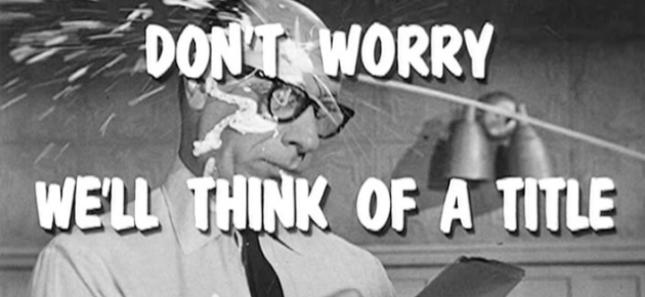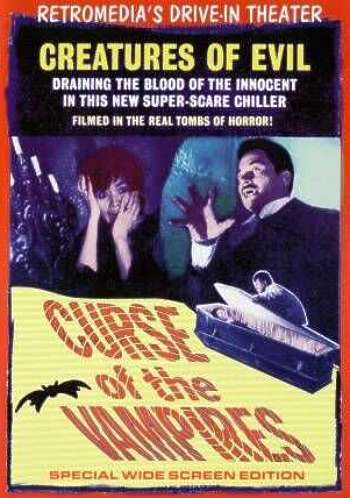Amazon’s Assault on Intellectual Freedom
There is an undeclared war going on in the United States that threatens the lynchpins of American intellectual freedom. In a statement worthy of Cassandra, Noah Davis wrote in Business Insider last October, “Amazon is coming for the book publishing industry. And not just the e-book world, either.” When titans battle, it is tempting to think that there will be no local impact. In this case, that’s dead wrong. Amazon’s recent actions have already cut the sales of the small press I run by 40 percent. Jeff Bezos could not care less.
One recent battle in Amazon’s larger war has pitted it against a diverse group of writers, small publishers, university presses, and independent distributors. It is a classic David-and-Goliath encounter. As in that story, however, this is more than just pitting the powerful against the powerless. In this case, the underdogs have the ideas, and ideas are always where the ultimate power lies.
Wings Press (San Antonio, Texas) is one of the several hundred independent publishers and university presses distributed by the Independent Publishers Group (IPG), the second largest book distributor in the country, but still only a medium-sized dolphin in a sea of killer whales. In late February, IPG’s contract with Amazon.com was due to be renegotiated. Terms that had been generally accepted across the industry were suddenly not good enough for Amazon, which demanded discounts and practices that IPG – and all of its client publishers – could only have accepted at a loss. Yes, that does mean what it sounds like: To do business with Amazon would mean reducing the profit margin to the point of often losing money on every book or ebook sold.
IPG refused to accept the draconian terms and sought to negotiate further. In what can only be seen as a move to punish IPG for its desire to remain relevant and healthy, Amazon refused to negotiate and pulled the plug on all the Kindle ebooks distributed by IPG, marking them as “unavailable.”
Not a big deal? Imagine that Walmart controls everything you eat, and Walmart decides to stop selling fish because it thinks that fishermen are making too much profit. Amazon is the Walmart of online bookselling. The dispute between Amazon and IPG will affect every literate person in America. It is a matter that goes to the heart of what librarians have termed “intellectual freedom.” In other words, the resolution of this dispute, one way or the other, will affect every individual American’s access to certain books. It will affect your ability to choose what you read.
Restrictions on access to literature generally have more politically motivated origins. The banning of certain Native American and Mexican American authors and books in Arizona, for example, is purely political. Attempts in the past to ban literature based on its “moral content” were largely political in nature. This dispute is purely capitalistic, and is much more difficult to fight.
A single practical example. Wings Press had offered up one of its Kindle titles, Vienna Triangle by California novelist Brenda Webster, for the Amazon daily deal – a limited time offer of 99 cents per download. The book zoomed to the top ten of one of Amazon’s several bestseller lists. While it was still listed as a bestseller, Amazon suddenly marked the title as “unavailable.” The trail of loss increases in impact as it descends the food chain: Amazon doesn’t notice the loss at all. IPG sees it as one of its 5,000 Kindle titles that vanished. Wings Press sees it as one of its 100 Kindle titles that vanished. The author sees it as the loss of her book, period.
Lest one think that eliminating a single ebook novel is a loss of little consequence, Wings Press also publishes the works of John Howard Griffin, including Black Like Me, one of the most important works of the civil rights movement and widely considered an American classic. Amazon’s refusal to sell the ebook of Black Like Me should be of serious concern to every American.
Ebook sales have been a highly addictive drug to many smaller publishers. For one thing, there are no “returns.” Traditionally, profit margins for publishers are so low because books that remain on shelves too long can be returned for credit – too often in unsalable condition. No one returns an ebook. Further, ebook sales allowed smaller presses to get a taste of the kind of money that online impulse buying can produce. Already ebook sales were underwriting the publication of paper-and-ink books at Wings Press.
It has been increasingly obvious to independent publishers for the last two years that Amazon intends to put all independents out of business – publishers, distributors, and bookstores. Under the guise of providing greater access, Amazon seemingly wants to kill off the distributors, then kill off the independent publishers and bookstores, and become the only link between the reader and the author. The attack on distributors like IPG and on some larger independent presses is only part of the plan. Amazon has also been going after the ultimate source of literature, the authors.
Having created numerous (seven or more) imprints of its own, Amazon has begun courting authors directly by offering exorbitant royalties if the authors will publish directly with Amazon. Among the financial upper echelon of authors, Amazon is paying huge advances. Among rank-and-file authors, not so. Here they are offering what amounts to glorified self-publication. The effect is to lure authors away from the editors who would have helped them perfect their work, away from the publishers and designers and publicists and booksellers who have dedicated their lives to building the careers of authors, while themselves making a living from the books they love. Even the lowly book reviewer has been replaced by semi-anonymous reader-reviewers. All these are the people who sustain literary culture.
For Amazon to rip ebook sales away from independent publishers now seems a classic bait-and-switch tactic guaranteed to kill small presses by the hundreds. Ah, but predatory business practices are so very American these days. Amazon could have been a bright and shining star, lighting the way to increased literacy and improved access to alternative literatures. Alas, it looks more likely to be a large and deadly asteroid. We, the literary dinosaurs, are watching closely to see if this is a near miss or the beginning of extinction. Fortunately, this generation of dinosaurs is a little better equipped than the last one to take measures to avoid such a fate.
One can choose to buy ebooks from BN.com or from almost any independent bookstore rather than Amazon. One can buy directly from IPG. A free app will allow one to read those books on a Kindle. The resistance has already begun, and it starts with choice.
Bryce Milligan is the publisher and editor of Wings Press. He is an award-winning poet and author of books for children and young adults.
Sign the petition Stop Amazon’s Assault on Independent Publishers and Distributors at Change.org
This article has been reproduced with the kind permission of our friends over at Word Power Books. If you’re thinking of purchasing a book why not order it from a friendly independent bookstore rather than a corporate bloodsucker like Amazon. #thoughtfortheday



Great piece. The relevance here is that the Scottish govt gave Amazon 10.6 million in grants last year, and also that Amazon has paid less than £25K in the UK in the last five years. Our govt is feeding their monopoly, which in turn is destroying our culture. Write to the SNP.
I haven’t bought a newspaper in 3 years, I don’t think this is some kind of insidious assault against intellectual freedom.
sorry that’s 25K in tax.
Quote:
Even the lowly book reviewer has been replaced by semi-anonymous reader-reviewers.
Made all the worse by the fact bad reviews of the work are vetted and removed by some online companies.